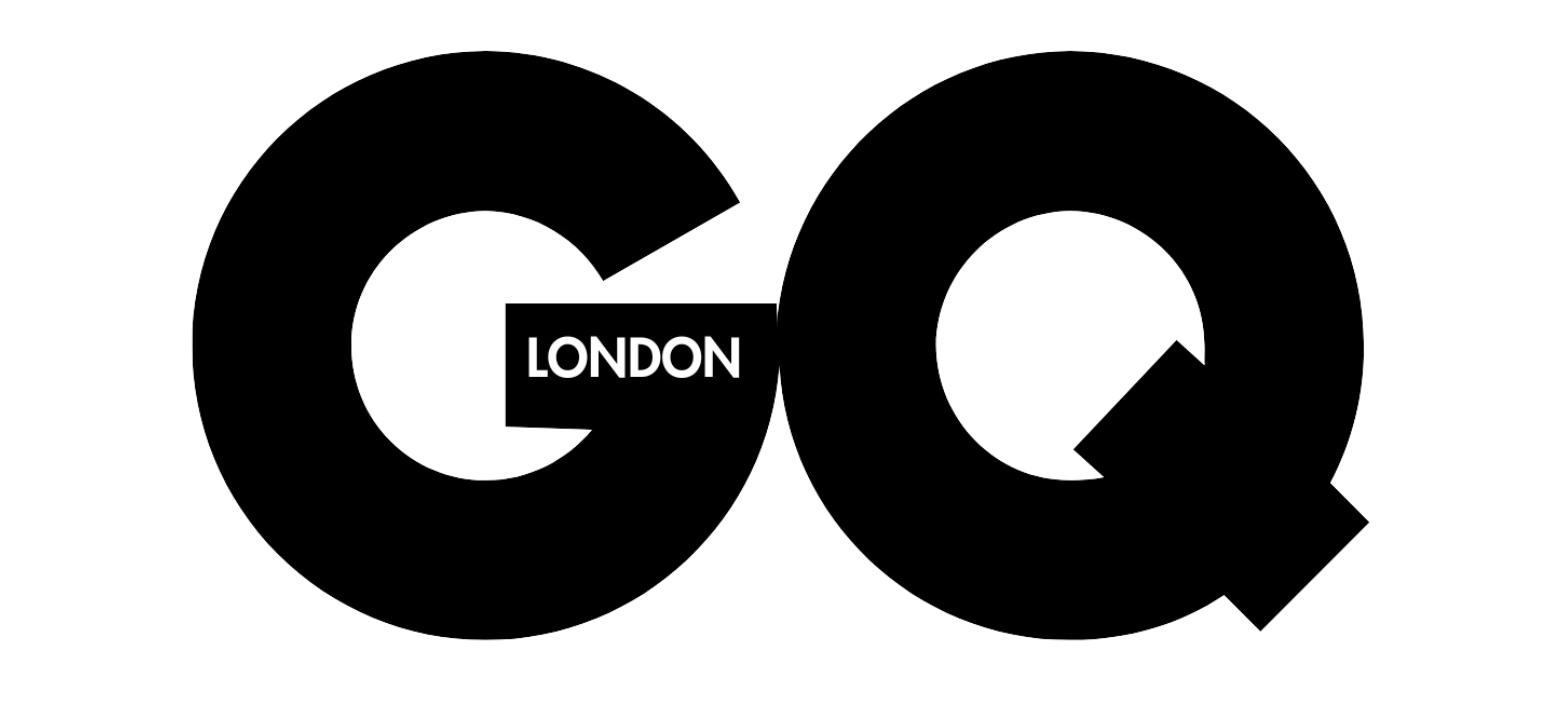The European Central Bank (ECB) has cut interest rates for the fifth consecutive meeting, following the release of new data showing the European economy unexpectedly stalled at the close of 2024.
The 25 basis point rate reduction, which was widely anticipated by investors, brings the benchmark interest rate to 2.75%. This marks a decrease from the record high of 4.0% set in September 2023.
“The disinflation process is well on track,” the ECB said. “Most measures of underlying inflation suggest that inflation will settle around the target on a sustained basis.”
Despite the reduction, the ECB noted that inflation remained “high,” with some sectors still grappling with the aftereffects of the inflation surge. Euro area inflation increased to 2.4% in December, up from 1.7% in September.
Services inflation, a key indicator of domestic price pressures, rose to 4.0% in December from 3.9% previously.
Policymakers expressed confidence that these inflationary pressures would ease. “Wage growth is moderating as expected, and profits are partially buffering the impact on inflation,” they noted.
Many analysts interpreted the statement as a signal of further rate cuts to come. "This looks like a ‘dovish cut’,” said Charles Seville, senior director of Fitch Rating’s economic team.
Markets are forecasting that the ECB will gradually lower rates further in 2025, with three more rate cuts already priced in. However, policymakers could opt for a more aggressive approach if economic conditions remain weak.
The decision was made just hours after data revealed that the eurozone economy had underperformed expectations in the final quarter of 2024.
According to Eurostat’s flash estimate, the euro area stagnated in Q4, down from a growth of 0.4% in Q3.
The weaker performance in Germany and France, which both contracted, outweighed stronger growth in the peripheral economies. The euro area grew by just 0.7% over the course of the year.
“The eurozone economic recovery has again come to a standstill,” said Bert Colijn, an economist at ING.
The ECB acknowledged that the economy was still “facing headwinds” but anticipated a pickup in demand, driven by rising real incomes and lower interest rates.
The decision follows a similar move by the US Federal Reserve, which recently paused its own easing cycle.




 (1).jpg)
.jpg)
.jpg)








